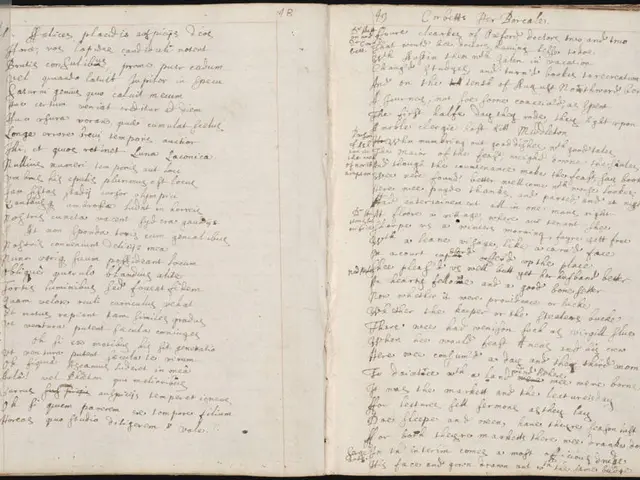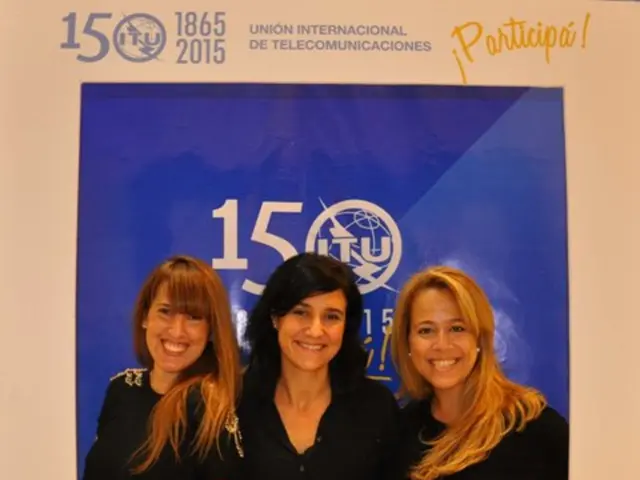Preserve: Kenya's broadcast network safeguarding seeds for future generations
Daniel Wanjama Advances Indigenous Seed Conservation in Kenya Through Seed Savers Network
Kenyan agronomist Daniel Wanjama champions the conservation of indigenous seeds and supports small-scale farmers through the Seed Savers Network. This grassroots organization aims to preserve agricultural biodiversity, a vital aspect of sustaining diverse food systems across the region.
Wanjama leads a movement that educates more than 85,000 farmers on the importance of seed conservation and the use of locally adapted varieties, ensuring their livelihoods and contributing to food security for future generations.
The Seed Savers Network advocates for farmers' rights to save and trade seeds, a practice vital for sustaining biodiversity and promoting food sovereignty. This is especially crucial in Kenya, where most farmers depend on saved seeds for their crops.
One key initiative of the network is seed conservation efforts, which focus on preserving indigenous seeds to maintain crop diversity and ensure food security. They also address legal challenges, such as the ongoing case seeking legal recognition and protection of Farmer Managed Seed Systems (FMSS).
The reliance on imported seeds poses a significant threat to local seed systems and food sovereignty in Kenya, with over 95% of vegetable seeds being imported. The network's work supports small-scale farmers by encouraging the use of locally saved seeds, which are better adapted to local conditions.
This approach not only maintains biodiversity but also ensures food security, as most farmers in Kenya rely on saved seeds for their crops. A successful legal outcome for the ongoing case could significantly enhance food sovereignty and biodiversity, benefiting small-scale farmers and resulting in more resilient food systems.
The Seed Savers Network continues to work towards legal recognition and protection of farmer-saved seeds, striving to ensure a sustainable and diverse food system for generations to come.
- Daniel Wanjama's Seed Savers Network promotes a lifestyle that emphasizes sustainable living, focusing on education and self-development, particularly in the areas of home-and-garden and lifelong-learning.
- To ensure the success of their mission, the Seed Savers Network conducts learning sessions for over 85,000 farmers, teaching them about the significance of seed conservation and the benefits of using locally adapted varieties.
- As part of their lifelong-learning initiatives, the Seed Savers Network also addresses legal challenges, such as the ongoing case seeking legal recognition and protection of Farmer Managed Seed Systems (FMSS), which aligns with their commitment to promoting sustainable living and food security.








